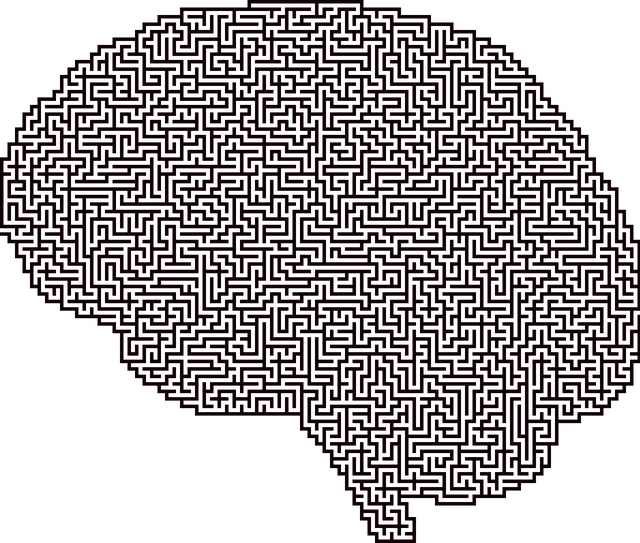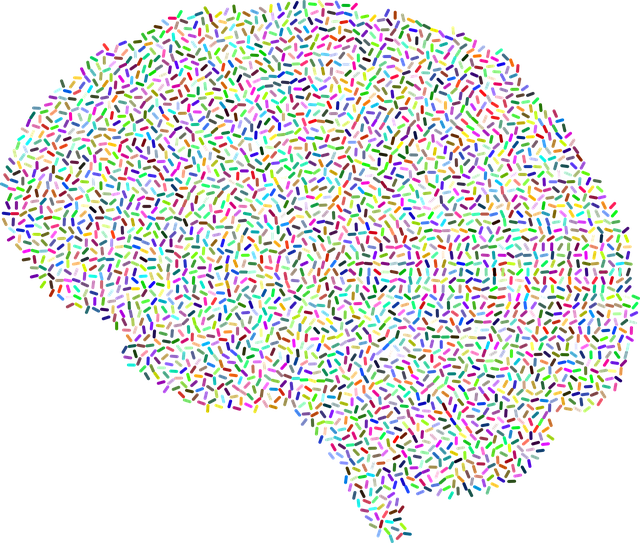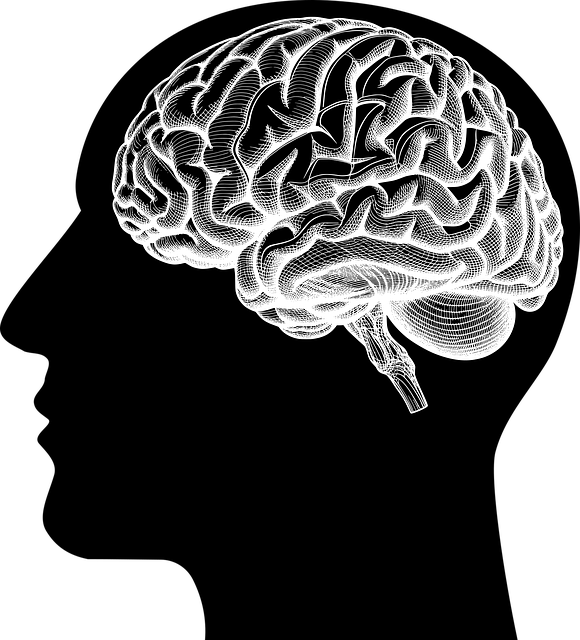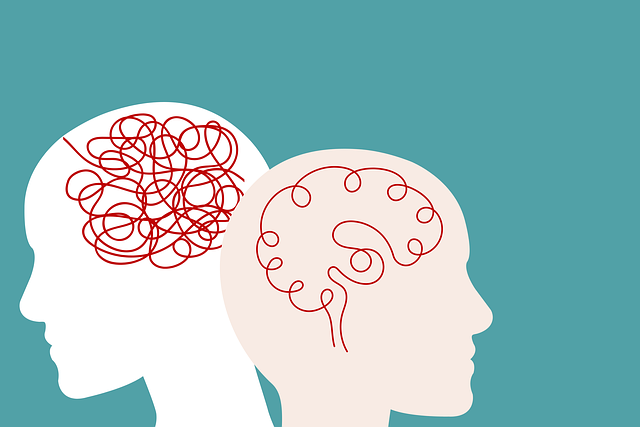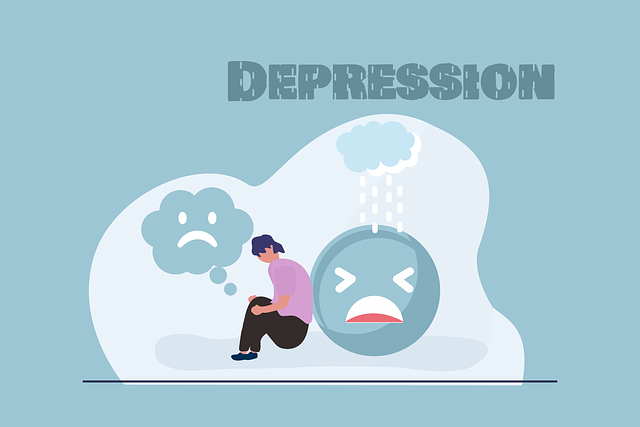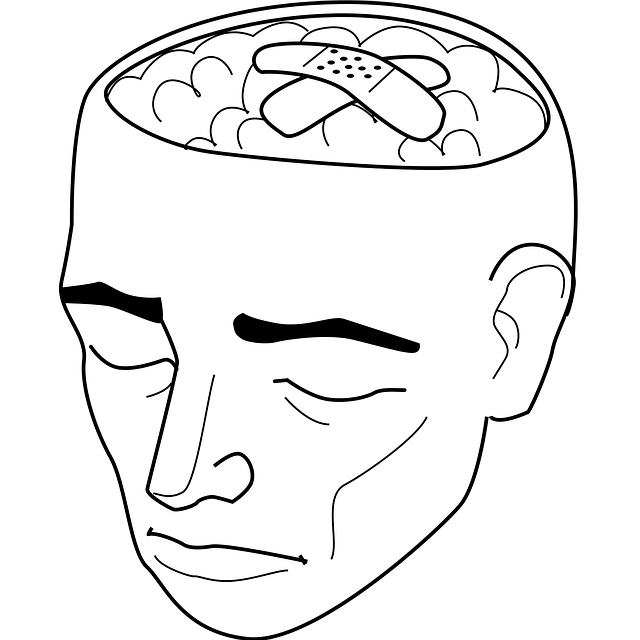In today's fast-paced world, mental wellness is a key aspect of overall health, particularly in communities like Northglenn where access to quality therapy services is vital. Northglenn Play Therapy offers a unique approach to cater to diverse needs, focusing on play-based methods for emotional healing. These programs integrate creative techniques such as imaginative play, games, and journaling to empower individuals—especially children—to manage their mental health effectively. A structured, tailored approach, backed by evaluation, client feedback, and Trauma Support Services, ensures high success rates in addressing complex needs.
Mental wellness coaching programs are gaining prominence as essential tools for fostering holistic well-being. This article explores the critical need for such initiatives, with a specific focus on integrating Northglenn Play Therapy techniques. We delve into designing effective coaching strategies, considering cultural sensitivity and adaptability. Furthermore, it highlights implementation guidelines and evaluation metrics to measure success. By examining these key aspects, we aim to empower mental health professionals in utilizing Northglenn Play Therapy as a game-changer for client outcomes.
- Understanding the Need for Mental Wellness Coaching Programs
- Designing Effective Northglenn Play Therapy Integration
- Implementing and Evaluating Success in Coaching Interventions
Understanding the Need for Mental Wellness Coaching Programs

In today’s fast-paced world, mental wellness is an increasingly important aspect of overall health, especially in communities like Northglenn where access to quality therapy services is vital. The need for Mental Wellness Coaching Programs arises from the growing recognition that traditional therapeutic approaches may not always be suitable or accessible for everyone. These programs offer a tailored and flexible approach to supporting individuals in managing their mental health effectively. By integrating various techniques, such as play therapy for children and adolescents, these coaches cater to diverse needs within Northglenn’s community.
Self-Care Routine Development for Better Mental Health is at the heart of many coaching initiatives, focusing on empowering individuals to take charge of their well-being. Risk Assessment for Mental Health Professionals plays a crucial role in identifying potential issues early, ensuring that those in need receive appropriate support. Moreover, these programs often include Stress Management techniques, enabling participants to navigate life’s challenges with resilience and improved mental agility.
Designing Effective Northglenn Play Therapy Integration

Incorporating Northglenn Play Therapy into mental wellness coaching programs offers a unique and powerful approach to fostering resilience in individuals seeking support. This therapeutic method leverages play as a means to access and process emotions, especially for children or those who find traditional talk therapy challenging. By integrating these techniques, coaches can create a dynamic and engaging environment that promotes emotional expression and understanding.
Effective Northglenn Play Therapy integration involves tailored activities that cater to individual needs. For instance, mood management strategies can be incorporated through imaginative play scenarios, allowing clients to explore and regulate their emotions in a safe space. Additionally, social skills training may include interactive games that encourage empathy and communication. Mentally, journaling exercises inspired by play therapy can help individuals track their feelings and thoughts, providing valuable insights for self-awareness and reflection.
Implementing and Evaluating Success in Coaching Interventions

Implementing coaching interventions for mental wellness requires a structured approach to ensure success and measure its impact. Northglenn Play Therapy, for instance, leverages creative techniques to facilitate emotional healing processes in clients. Therapists must first assess individual needs, setting clear goals tailored to each client’s unique circumstances. This involves understanding the client’s history, current challenges, and aspirations, which guides the coaching strategy.
Evaluation is a crucial step to gauge the effectiveness of these interventions. By regularly tracking progress and adjusting techniques as needed, therapists can enhance the overall success rate. Incorporating feedback from both clients and healthcare provider cultural competency training participants allows for continuous improvement. Additionally, Trauma Support Services within such programs should be accessible, ensuring that clients receive comprehensive care that addresses their complex needs.
Mental wellness coaching programs, enriched by integrating Northglenn Play Therapy techniques, offer a promising approach to enhancing mental health support. By focusing on individual needs and employing evidence-based practices, these programs can significantly improve clients’ well-being. Effective implementation and ongoing evaluation ensure that interventions remain tailored and successful, fostering healthier individuals and communities. This evolving field of coaching, combined with the power of play therapy, has the potential to revolutionize mental health care.
